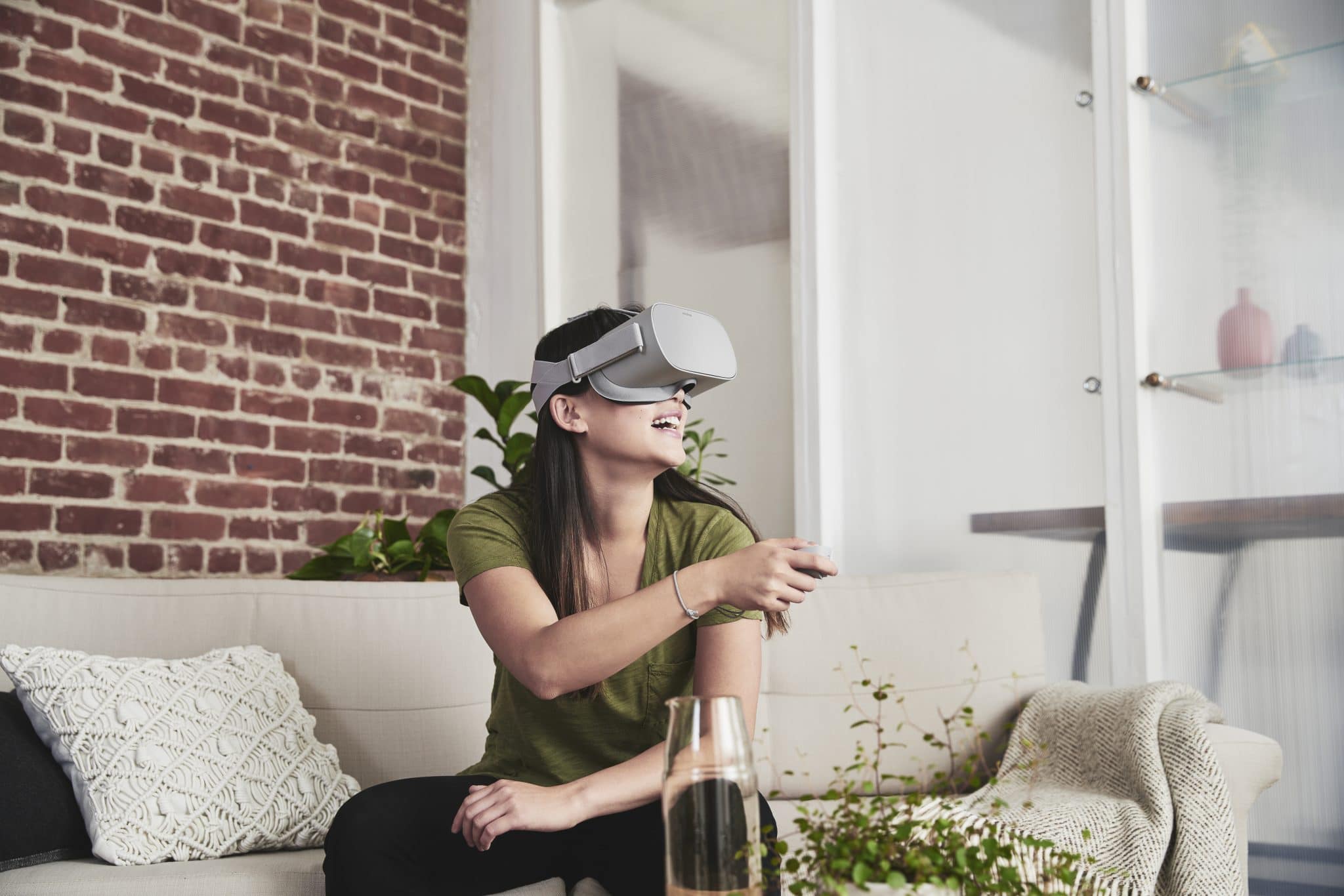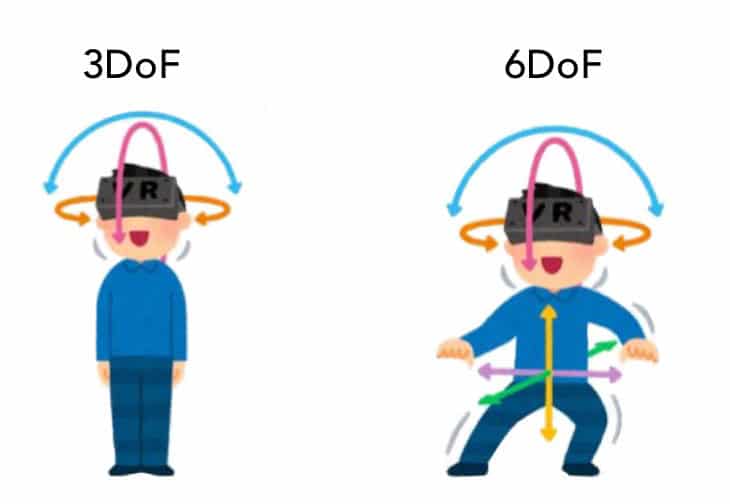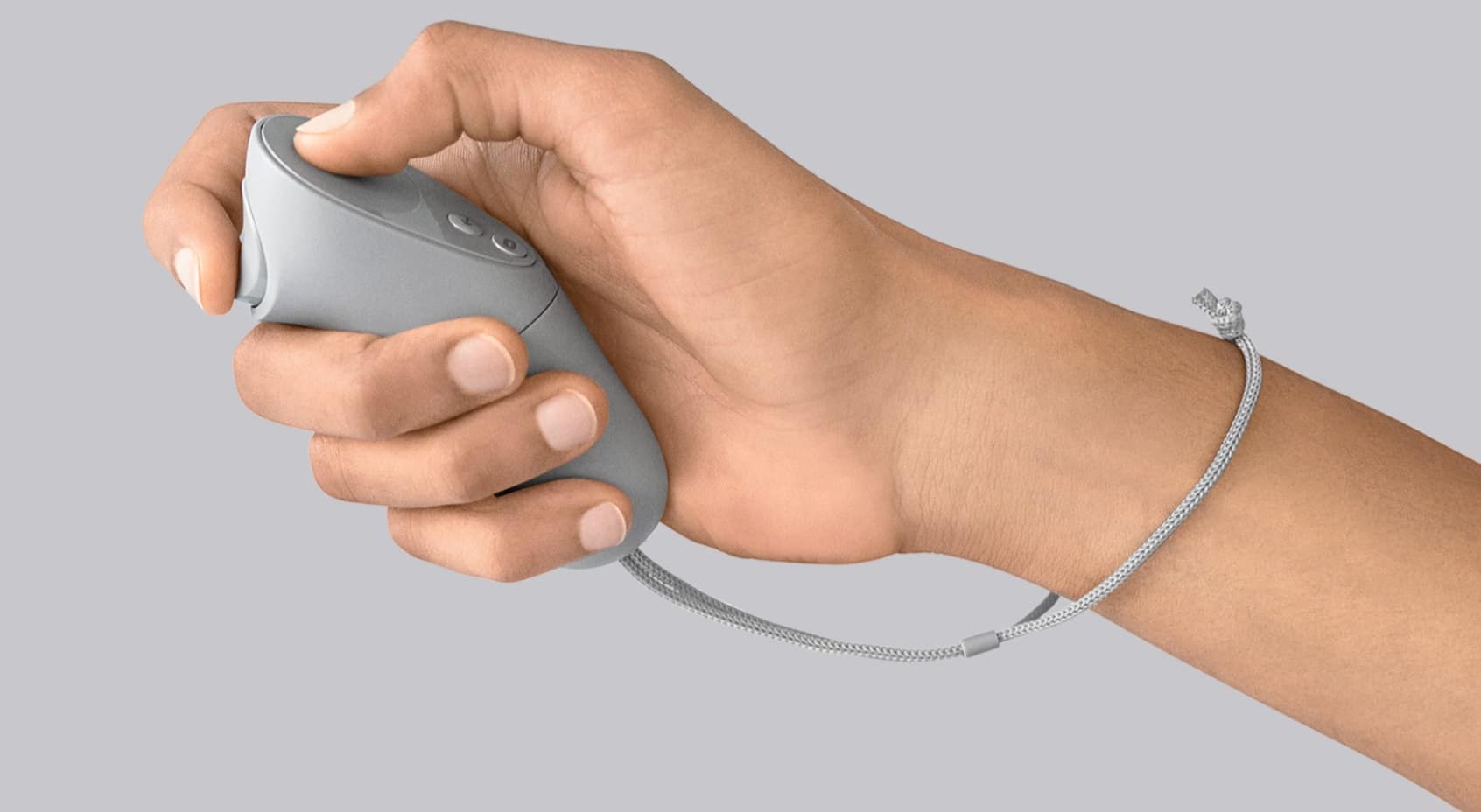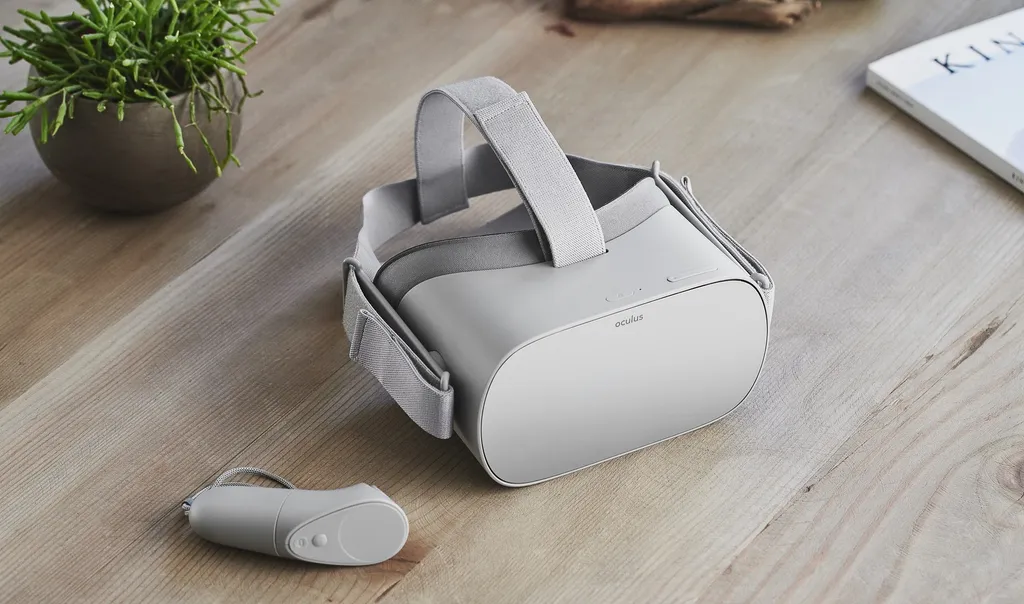Facebook no longer supports Oculus Go in the latest version of the Oculus Unity & Unreal Integrations.
Oculus Go launched in May 2018, just over two years ago, as Facebook’s first standalone headset. Priced at $199, it’s primarily used for passive consumption of immersive and traditional media.

In January Facebook removed Go from its enterprise offering, and in June stopped selling it to consumers, vowing no more 3DoF VR products.
This deprecation means Go isn’t officially supported in v19 of the Unity & Unreal Oculus integrations, and could lead developers to stop updating Go versions.
Developers can still use v18 to develop for Go, but the Oculus Go Store will stop accepting app updates and new apps in December.
3DoF Input: Hard To Accommodate?
Go’s media viewing use cases emerged around its wireless, decent resolution experience and its major limitation- one which no other major headset has. Go can only track your head’s rotation, not position. If you lean forward, backward, or to the side, the entire world moves as if attached to your head. This is an uncomfortable feeling and can make some people feel sick.

But what is more likely behind Go’s engine deprecation is its controller- and there is only one- which has the same limitation. This means it works as a virtual laser pointer, not hands.

Version 19 of the core Oculus Mobile SDK, used by developers of native-Android Quest apps or open source engines, does not deprecate support for Go.
The Oculus Unity & Unreal SDK integrations provide a number of modifiable helper scripts, assets, and examples to developers. As Facebook’s views and understanding of spatial design changes over time, it may want to take paths that simply don’t work with a single rotational laser pointer locked in space.
Almost all VR Go apps are made with Unity or Unreal, so developers may choose to no longer release updates to Go versions. Facebook retired its Rooms social service on Go late last year and says it will support its upcoming Horizon social networking service on the Rift Platform and Quest, saying “full interactivity is core to the Facebook Horizon experience.”
While initially enthusiastic about 3DoF VR with Samsung Gear VR in 2014 and Go in 2018, the success of Quest means 3DoF just doesn’t seem to have a place in Facebook’s future VR plans.






























